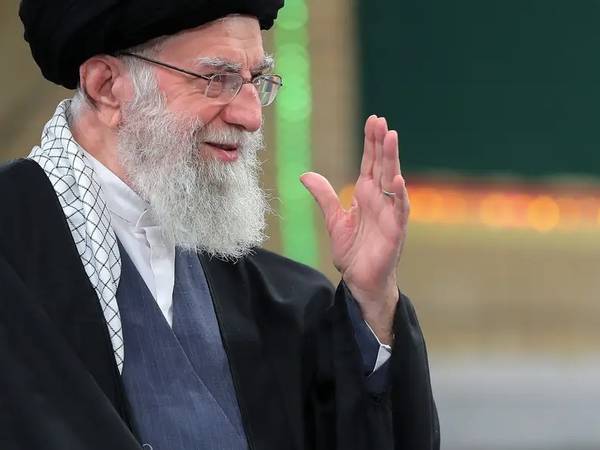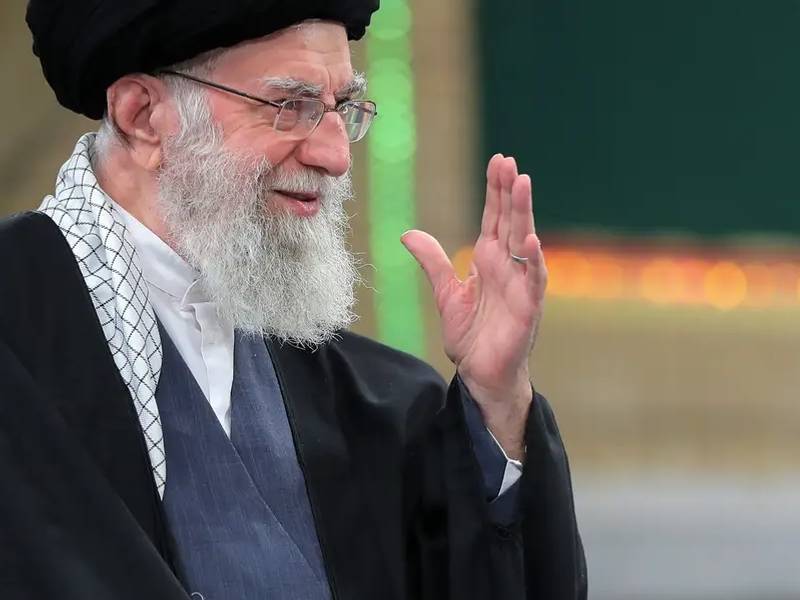Mohammad Ali Movahedi Kermani, head of Iran's Assembly of Experts, has stated that late President Ebrahim Raisi was unfit to succeed Ali Khamenei as Iran's Supreme Leader.
"He would have definitely rejected the offer if it had been made," Kermani stated, directly addressing speculation about Raisi's potential ascension.
The sudden death of Raisi in a helicopter crash in May abruptly ended what some believed was his grooming for leadership, propelling Khamenei's son, Mojtaba, into the spotlight as a new frontrunner.
The comment highlights the opaque process of choosing Iran's leader, a position that will become vacant following ageing Khamenei's death.
The Assembly of Experts, elected to serve until 2032, is responsible for appointing the next leader, though the identity of the successor remains a closely guarded secret.
The Supreme Leader of Iran is chosen by the Assembly of Experts and serves for life. Article 111 of the Constitution of the Islamic Republic of Iran mandates that if the current Supreme Leader dies or is removed from office, the Assembly of Experts must convene immediately to name a successor.
In the interim, a 'Provisional Leadership Council' takes over the duties of the Supreme Leader. This council consists of the sitting President, the Chief Justice, and a cleric from the Guardian Council selected by the Expediency Discernment Council.

